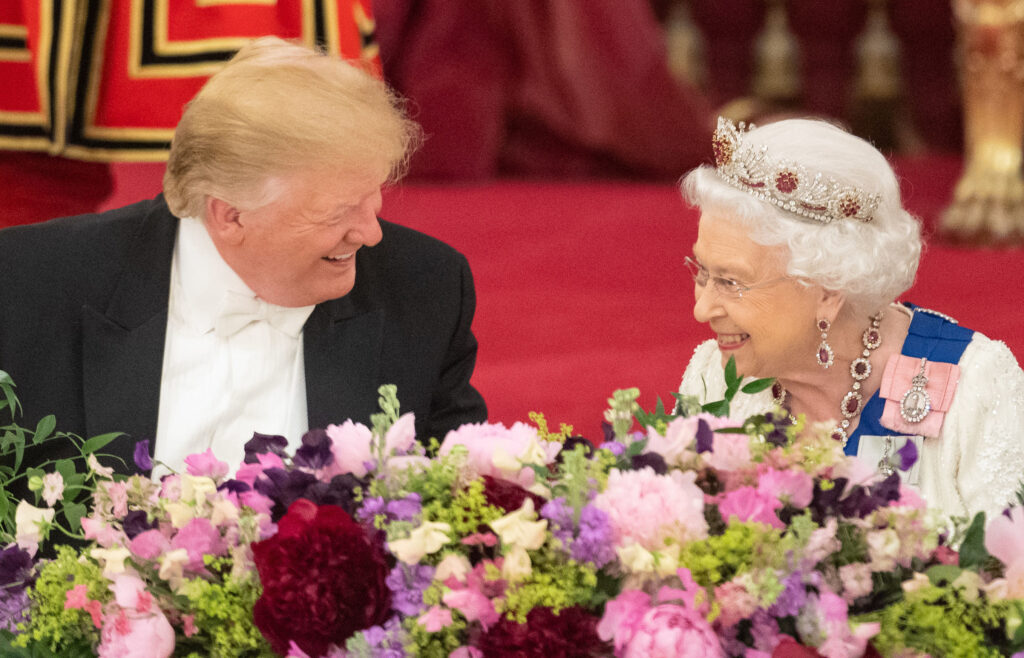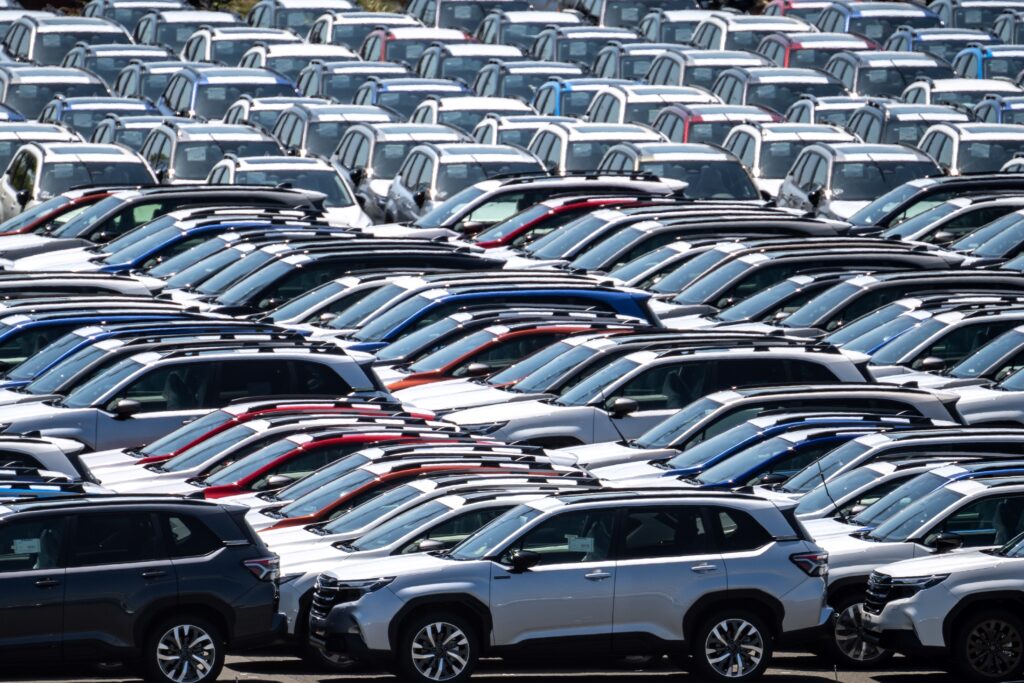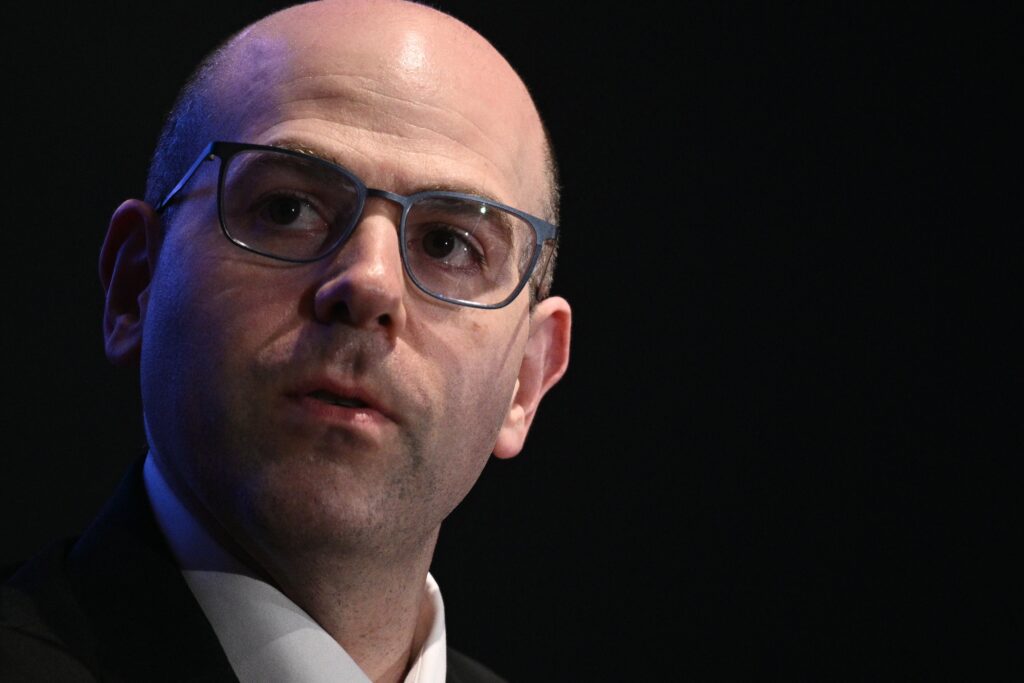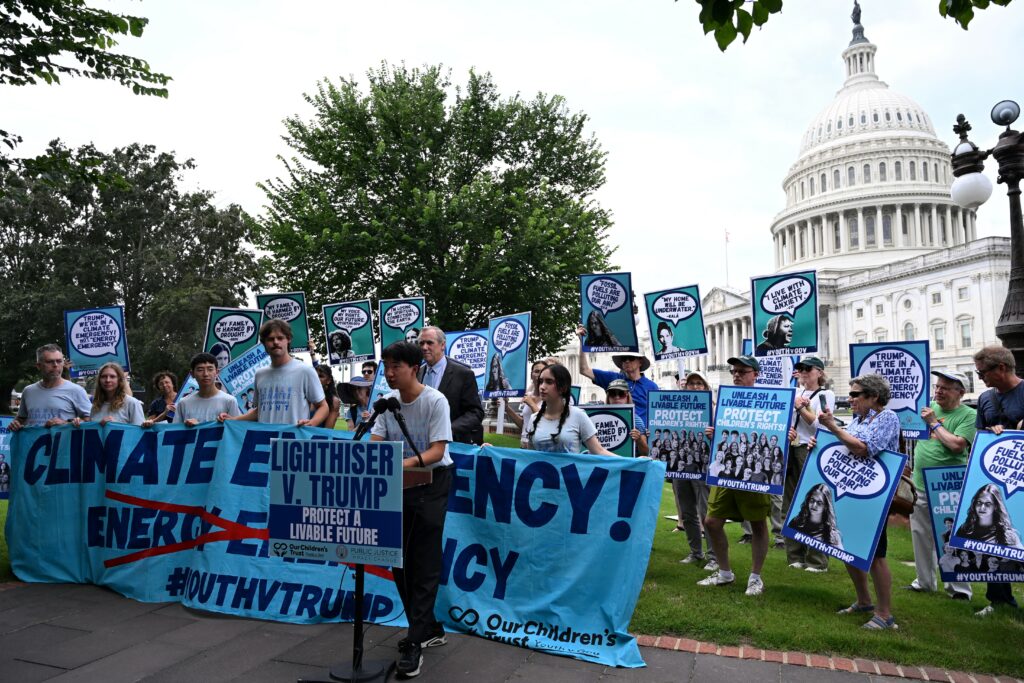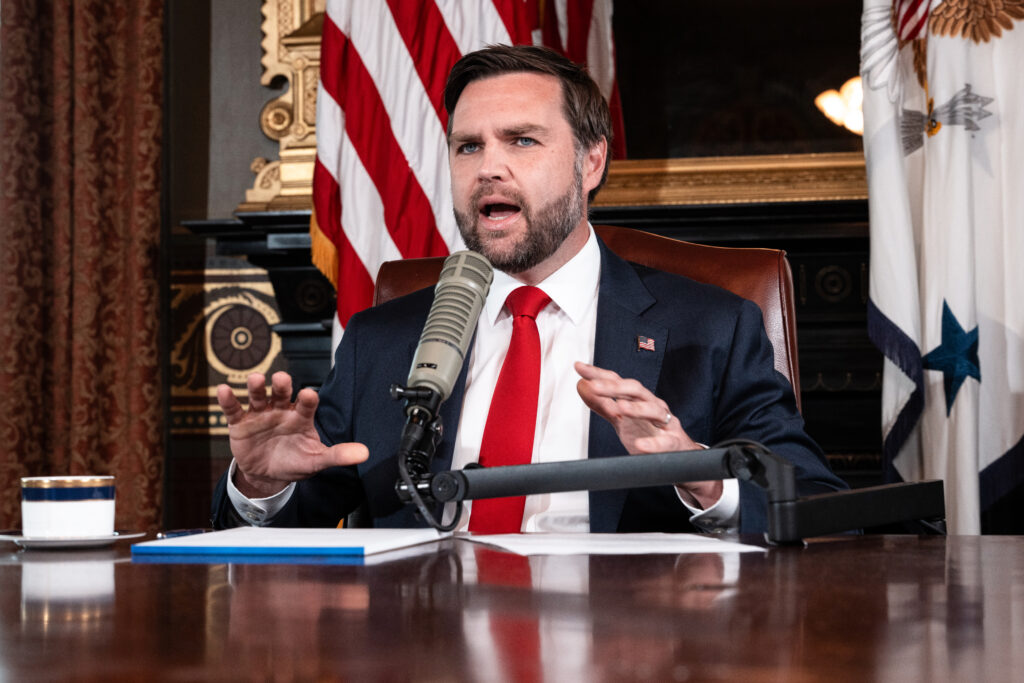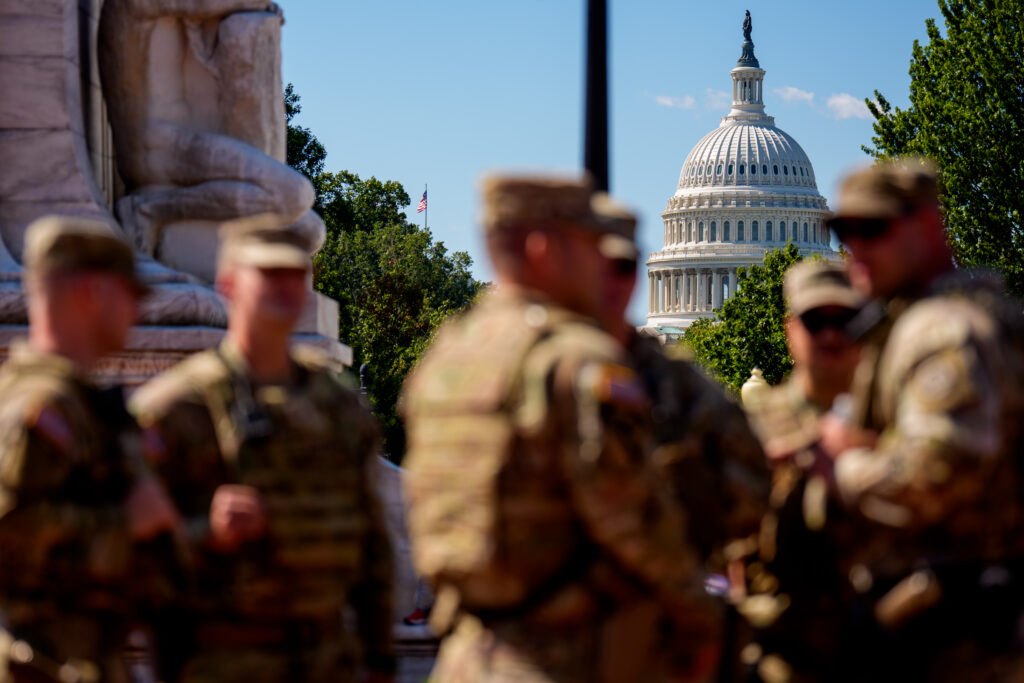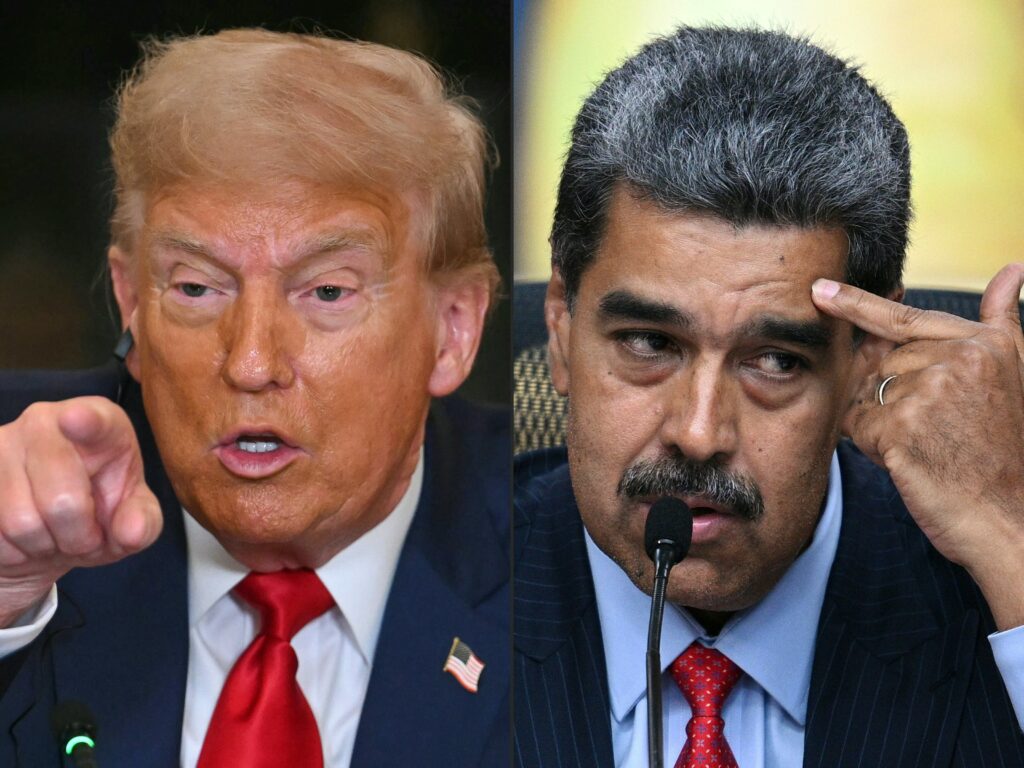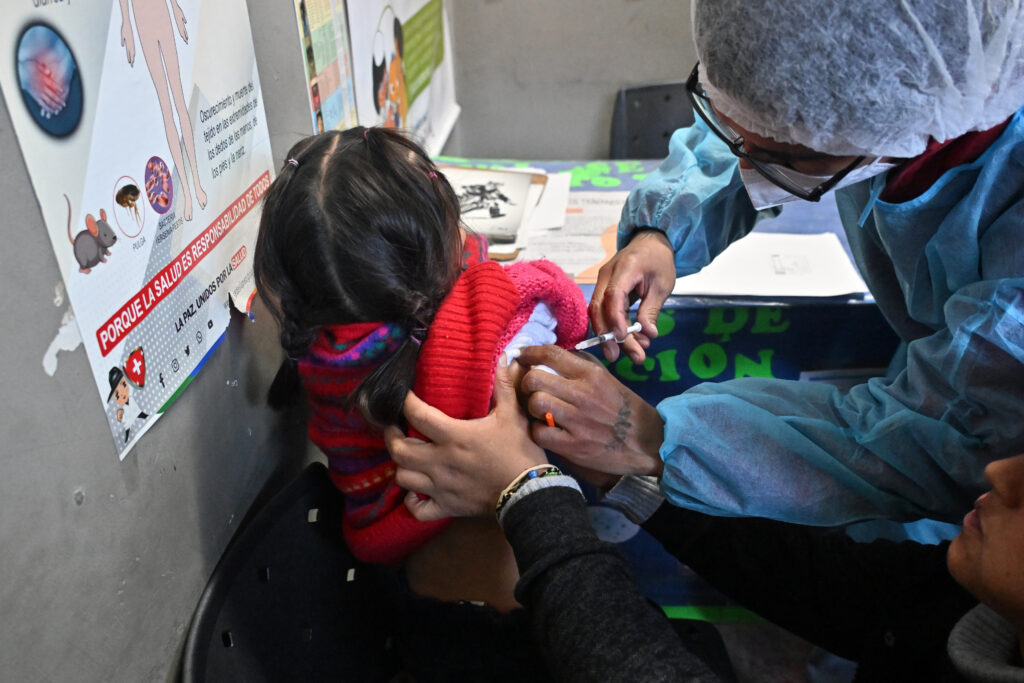Trump set for unprecedented second UK state visit
Donald Trump lands in Britain on Tuesday for an historic second state visit that will see the UK government spare no effort in trying to flatter the mercurial American president.As wars still rage in Ukraine and the Middle East, and major economies grapple with US tariffs, Britain hopes the pageantry of its monarchy can help keep Trump on side.But controversies over sex offender Jeffrey Epstein and free-speech culture wars could make for some awkward moments when Trump sits down with Britain’s embattled Prime Minister Keir Starmer.Trump has long been fascinated with the royal family and will be treated to a carriage procession with King Charles III and a grand state banquet at Windsor Castle.He will also be kept far away from crowds and protesters, keeping outside London, where a large demonstration has been called against the 79-year-old Republican.Labour leader Starmer is not a natural bedfellow for right-wing firebrand Trump, but has worked to win him over since his return to the White House in January.”This is really special, this has never happened before, this is unprecedented,” Starmer said as he hand-delivered a letter from the king to Trump in the Oval Office in February inviting him for the state visit.Accepting the invitation, Trump told Starmer that Charles — who is currently undergoing treatment for cancer — was a “great, great gentleman”.Downing Street has said Trump’s visit, with engagements taking place throughout Wednesday and Thursday, would see the “unbreakable friendship” between the countries “reach new heights”.- US investments -The two are set to sign agreements worth £10 billion ($13.6 billion), including one to speed up new nuclear projects as well as what British officials called “a world-leading tech partnership”.Ahead of the trip, Google said it would invest £5 billion in the UK in the next two years while US finance firms including PayPal and Citi Group announced they would spend £1.25 billion.Trump, whose mother was Scottish, will become the first US president to get a second state visit, after his previous one in 2019 when he met Queen Elizabeth II.The US leader will once again mix with royalty on Wednesday in a series of events capped by a state banquet in the evening.Politics takes over on Thursday when Starmer hosts Trump at his country retreat Chequers, seeking to capitalise on Britain being one of the first countries to secure a US trade deal and avoid the worst of Trump’s tariffs.- Epstein scandal -Ukraine will also be a key topic. Starmer is one of a host of European leaders who have pushed Trump to keep backing Kyiv despite signs of him leaning toward Russian President Vladimir Putin.First Lady Melania Trump, who is making a rare public appearance, has a separate itinerary on Thursday when she will take part in an event Queen Camilla.Despite the pomp, tensions will be lurking in the background.The White House said Trump would raise “how important it is for the prime minister to protect free speech in the UK” — a topic raised by Trump’s former ally Elon Musk in a speech to a far-right rally in Britain over the weekend.Starmer’s spokesman on Monday called Musk’s language “dangerous and inflammatory”.Starmer desperately needs the visit to pass successfully following a miserable few days that have featured murmurings about his future.He has been dogged by questions over his judgement for appointing the now-sacked Peter Mandelson as ambassador to Washington despite his known friendship with Epstein.Trump is facing awkward scrutiny himself over his own links to the convicted sex offender, whose friendship with Charles’s younger brother Andrew also embarrassed the royal family.
